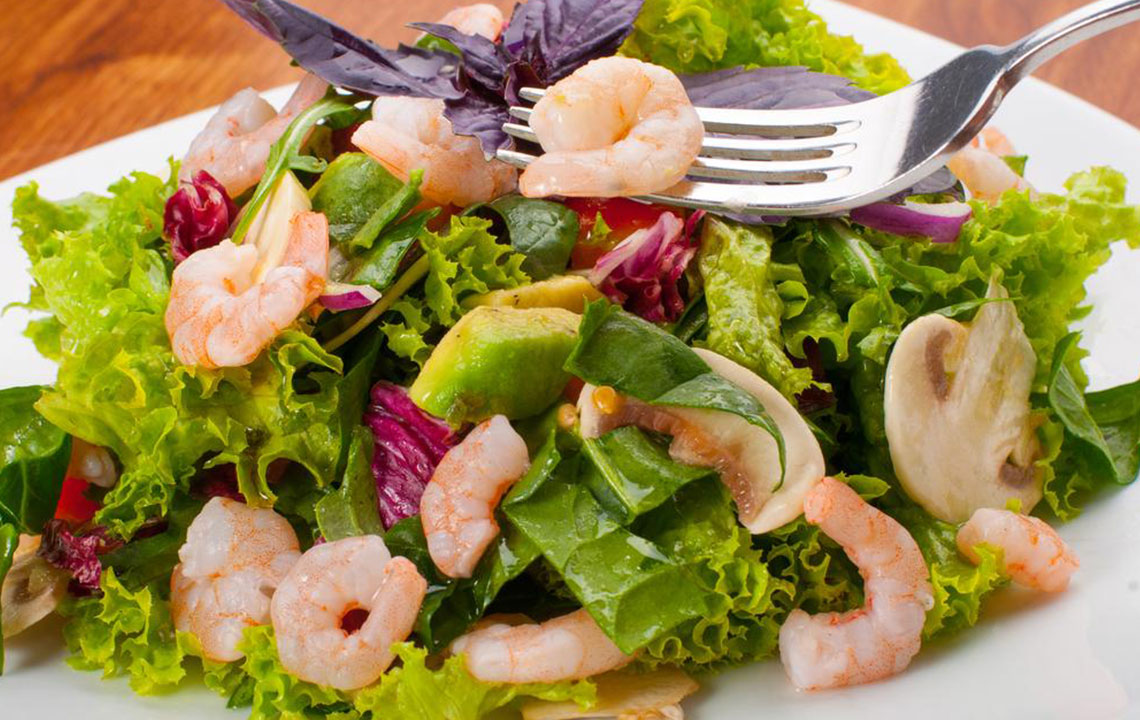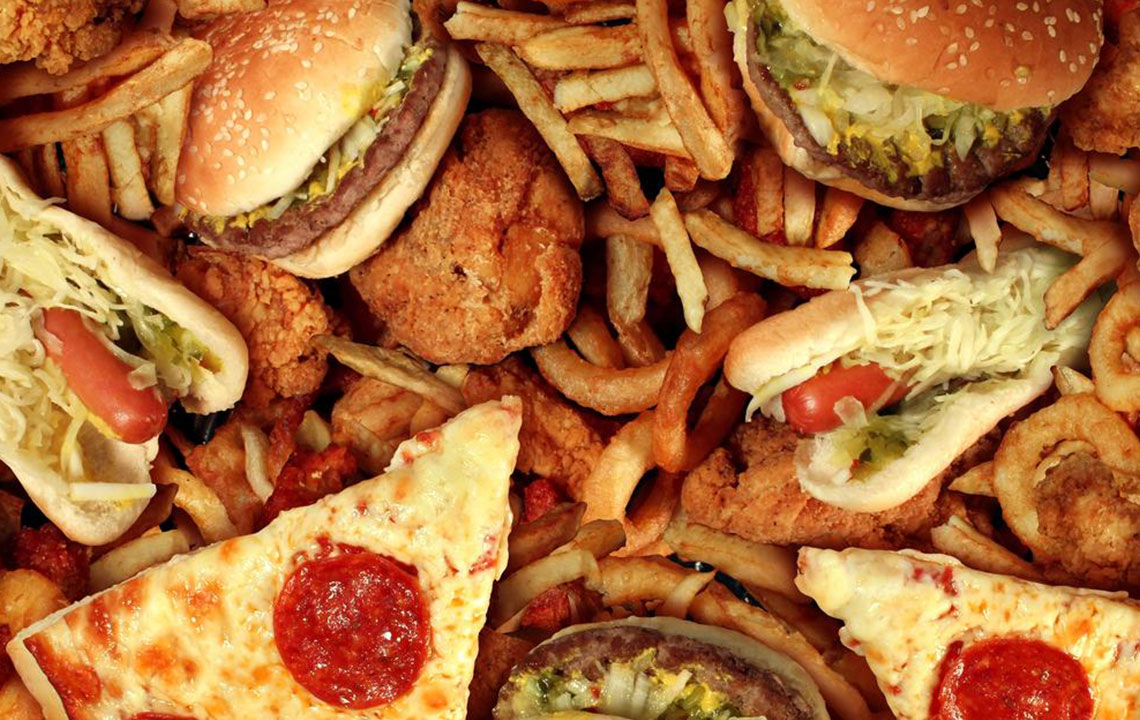Top Dietary Picks to Swiftly Ease Acid Reflux Discomfort
Discover effective dietary strategies to alleviate acid reflux symptoms. This guide highlights foods to include and avoid, lifestyle tips, and practical advice for managing GERD naturally and comfortably. Improve your digestion, reduce discomfort, and adopt healthier habits today.

Top Dietary Picks to Swiftly Ease Acid Reflux Discomfort
Are you experiencing frequent heartburn? This may be due to Gastroesophageal Reflux Disease (GERD), commonly known as acid reflux.
During digestion, a muscle called the sphincter at the stomach entrance normally closes after eating, allowing food to be processed with digestive enzymes.
If the sphincter weakens or opens too often, stomach acids can flow back into the esophagus, causing a burning sensation known as heartburn. Persistent reflux indicates acid reflux condition.
Contributing Factors
Hiatal hernia, a stomach abnormality, frequently leads to reflux.
Lying down or bending over after heavy meals can worsen symptoms.
Being overweight or obese increases risk.
Trigger foods include tomatoes, garlic, mint, onions, spicy or fatty foods.
Smoking and alcohol consumption can trigger reflux.
Drinks like coffee, tea, soda, and late-night snacking are common causes.
Pregnancy and certain medications (like aspirin, ibuprofen, muscle relaxers) may also contribute.
Signs and Symptoms
Typical signs include heartburn radiating from chest to throat and regurgitation. A bitter or sour taste in the mouth, nausea, bloating, persistent hiccups, and dry cough are common. Severe symptoms can include blood in vomit or stools, difficulty swallowing, unexplained weight loss, and wheezing.
Lifestyle and dietary modifications can effectively manage acid reflux. Avoiding trigger foods and adopting healthier habits can reduce discomfort.
Dietary Adjustments for Relief
Making mindful dietary choices is essential for symptom control. Eating smaller, more frequent meals and reducing high-fat foods can lessen reflux episodes. A balanced, nutritious diet supports overall health and minimizes flare-ups.
Beneficial Foods to Include
Vegetables: Low in fat and sugar, vegetables like cucumbers, greens, broccoli, beans, cauliflower, and asparagus help prevent acid buildup.
Oatmeal: Rich in fiber, oats absorb excess stomach acids, alleviating heartburn.
Ginger: Known for its anti-inflammatory properties, ginger can soothe digestive issues, including reflux. Sipping ginger tea may provide relief.
Non-Citrus Fruits: Apples, pears, bananas, and melons are gentle on the stomach compared to citrus fruits.
Egg Whites: A good source of protein, egg whites avoid the high fat content of yolks, reducing reflux triggers.
Lean Proteins: Fish, poultry, and seafood should be prepared through baking, grilling, or boiling to lower fat content.
Healthy Fats: Incorporate olive oil, walnuts, flaxseed, avocados, and sunflower oil to support heart and overall health while avoiding reflux.
Foods to Limit or Avoid
High-fat foods: Fried snacks, creamy dressings, and bacon relax the sphincter, facilitating acid return.
Chocolate: Contains methylxanthines that relax the esophageal muscle, triggering reflux.
Citrus Fruits: Oranges, lemons, grapefruits, pineapples, and limes are highly acidic and can worsen symptoms.
Caffeinated drinks: Coffee, certain teas, and energy drinks often provoke reflux symptoms.
Mint: Mint leaves and mint-flavored products can stimulate acid production and cause discomfort.
Embracing a healthy lifestyle with mindful eating and regular activity can significantly diminish acid reflux episodes. Recognize and avoid your personal trigger foods for better relief.










